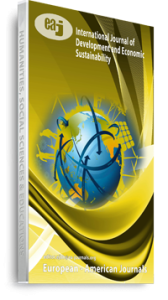This study investigates the relationship between economic risk, political risk, and Chinese foreign direct investment (FDI) in Nigeria. Using correlation analysis, the study initially identifies a weak positive correlation between economic risk and Chinese FDI, and a weak negative correlation between political risk and Chinese FDI. However, due to the weak nature of these correlations, they are deemed insufficient for decision-making purposes. To determine potential causality, a causality test and regression analysis with optimal lag variables were conducted. The results indicate a positive but statistically insignificant relationship between economic risk and Chinese FDI, and a negative but statistically insignificant relationship between political risk and Chinese FDI. These findings suggest that Chinese FDI in Nigeria is not significantly influenced by economic or political risks, aligning with theories that Chinese investments are driven by strategic objectives such as resource acquisition and geopolitical influence. The study did not find any causal relationship between the political risks and economic risk in Nigeria either. The study contributes to FDI literature by challenging conventional determinants of FDI and provides practical implications for policymakers and businesses in aligning strategies with Chinese investment motivations. Future research should explore additional factors influencing Chinese FDI to offer a more comprehensive understanding of these dynamics.
Keywords: Foreign Direct Investment, Gross Domestic Product, country risk, economic risk, political risk

